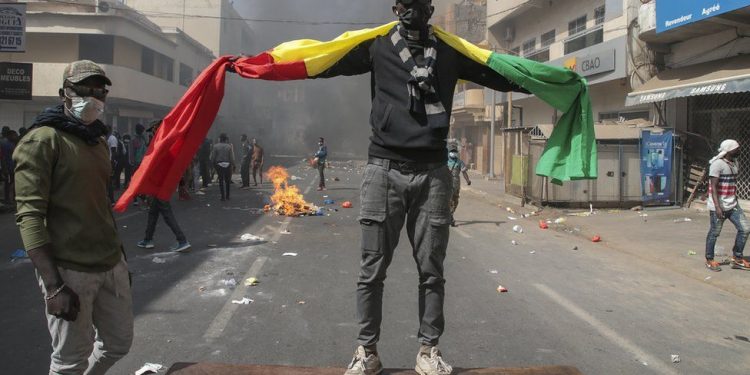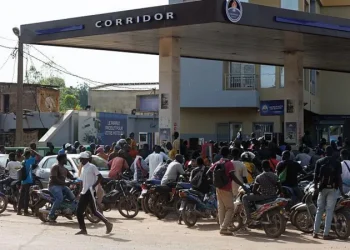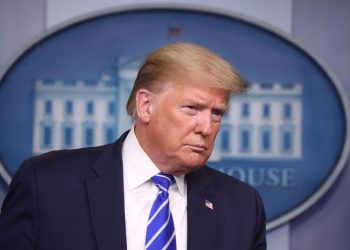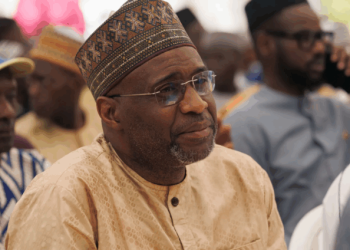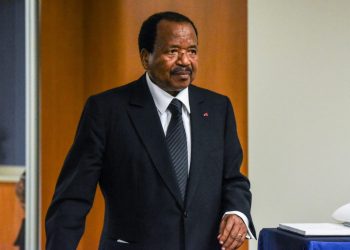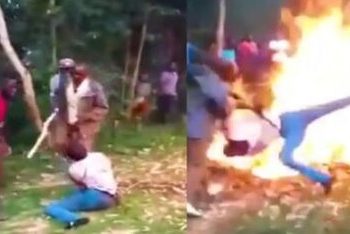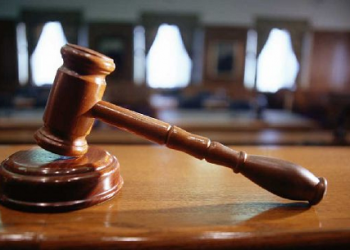A teenage student has become the fifth person known to have died in Senegal in protests that followed the arrest of opposition leader Ousmane Sonko on Wednesday.
He was killed on Saturday in clashes between demonstrators and security forces in the southern city of Diaobe.
Protesters had tried to burn down official buildings in the city.
Mr Sonko appeared in court on Friday accused of disrupting public order. He also faces a rape allegation.
He denies the allegations and his supporters say the accusations are politically motivated.
On Friday, following violence in the capital, Dakar, and elsewhere, Interior Minister Antoine Felix Abdoulaye Diome vowed to use “all the means necessary for a return to order”.
Speaking on national TV, Mr Diome accused Mr Sonko of “issuing calls to violence”.
The opposition alliance known as the Movement to Defend Democracy (M2D), which is behind the demonstrations, has announced three further days of protests starting on Monday.
The West African regional group Ecowas has condemned the violence and called on “all parties to exercise restraint and remain calm” – adding that the authorities should “take the necessary measures to ease tensions and guarantee the freedom to demonstrate peacefully”.
Mr Sonko, 46, was accused of rape in February.
Following an investigation he was arrested on Wednesday and taken to court accompanied by a group of supporters.
Police said they then arrested him for disrupting public order when he refused to change his route to the court.
Mr Sonko says the allegations of rape are fabricated. He accuses President Macky Sall of trying to remove potential opponents ahead of the 2024 election.
Two other opposition leaders were excluded from the 2019 election after being convicted on charges which they say were politically motivated.
There are reports that Mr Sall may seek to change the constitution to allow him to run for a third term.
Mr Sonko – who is particularly popular with young Senegalese – is the president’s only remaining serious challenger, says BBC Afrique’s Ndèye Khady Lo in Dakar.
In 2014 he founded his own political party, Pastef-Les Patriotes, and came third in the 2019 presidential election with 15% of the vote.
source: BBC





































